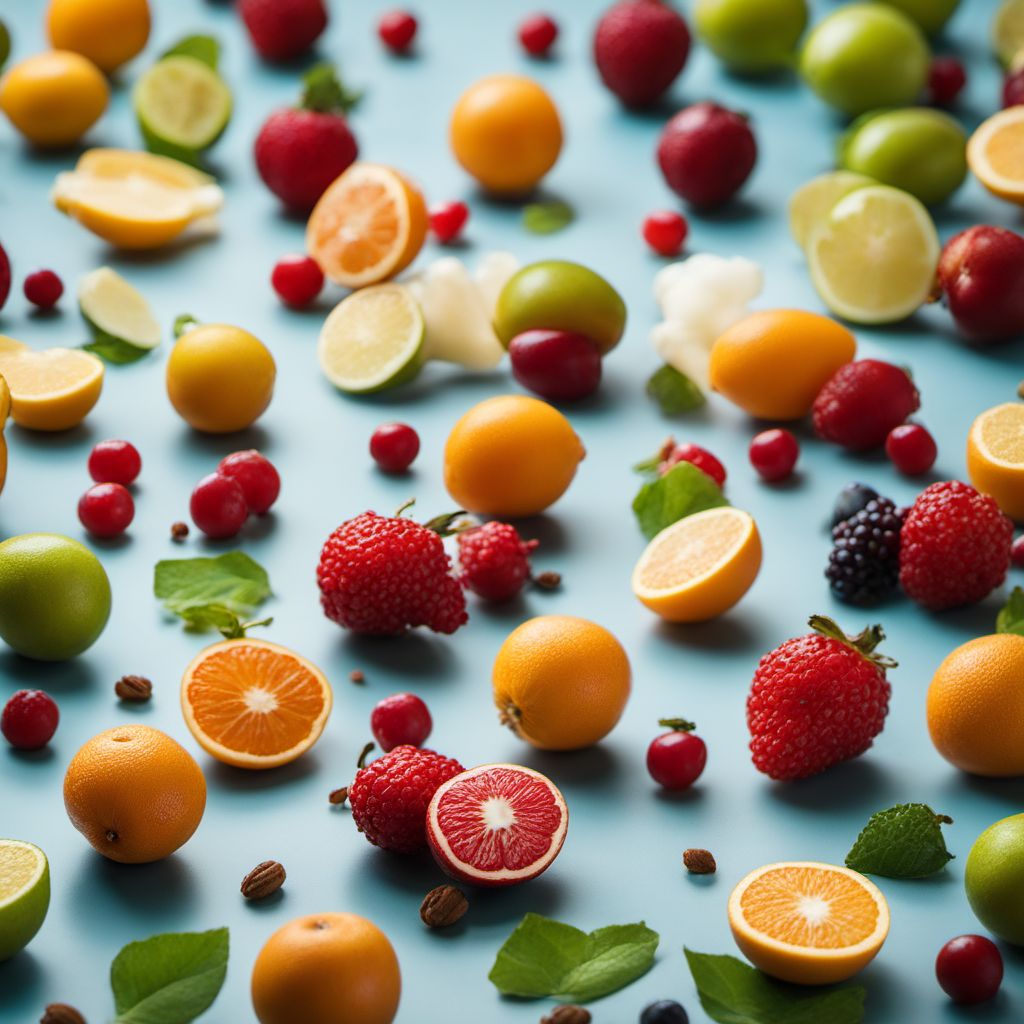
Ingredient
Fruit spices
The Aromatic Symphony of Fruit Spices
Fruit spices encompass a wide range of aromatic ingredients derived from fruits, such as cinnamon, nutmeg, cloves, and allspice. These spices are known for their warm, sweet, and fragrant characteristics, making them essential in both sweet and savory culinary creations. They can be used whole, ground, or in powdered form, adding depth and complexity to dishes.
Origins and history
Fruit spices have been treasured for centuries and have played a significant role in various cuisines around the world. Cinnamon, for example, has a rich history dating back to ancient Egypt, where it was highly prized and used in embalming rituals. Nutmeg, on the other hand, was once considered a rare and valuable spice, leading to the colonization of the Banda Islands in the 17th century. Today, fruit spices continue to be cherished for their unique flavors and cultural significance.
Nutritional information
Fruit spices are a rich source of antioxidants and possess anti-inflammatory properties. They also contain essential minerals like manganese, iron, and calcium. However, they should be consumed in moderation due to their high concentration of volatile oils and potential allergenic compounds.
Allergens
Some individuals may be allergic to specific fruit spices, such as cinnamon or cloves, which can cause allergic reactions like skin rashes or respiratory issues.
How to select
When selecting fruit spices, opt for whole spices whenever possible, as they retain their flavors and aromas for longer periods. Look for spices that are free from moisture, mold, or any signs of spoilage. For ground or powdered spices, choose reputable brands that offer high-quality products.
Storage recommendations
To maintain the freshness and quality of fruit spices, store them in airtight containers in a cool, dark place away from direct sunlight. This helps preserve their flavors and prevents moisture absorption. Ground spices should be used within six months, while whole spices can last up to a year.
How to produce
Fruit spices can be grown in suitable climates with the right conditions. However, they are predominantly produced in tropical regions like Sri Lanka, Indonesia, India, and the Caribbean islands. Growing fruit spices at home may require specialized knowledge and care.
Preparation tips
Fruit spices can be used in a myriad of ways in the kitchen. Ground cinnamon can be sprinkled over oatmeal, used in baking, or added to savory dishes like curries. Nutmeg pairs well with creamy sauces, desserts, and warm beverages. Cloves are often used in pickling, mulled wine, or as a flavoring agent in stews and soups. Allspice is a versatile spice that complements both sweet and savory dishes, including jerk seasoning, pies, and cakes.
Culinary uses
Fruit spices are widely used in various cuisines around the world. Cinnamon is a staple in Middle Eastern, Indian, and Mexican cuisines. Nutmeg is commonly found in European and Caribbean dishes. Cloves are popular in Asian and African cuisines. Allspice is a key ingredient in Jamaican and Latin American cooking.
Availability
Fruit spices are available in most grocery stores, supermarkets, and specialty spice shops worldwide.
More ingredients from this category
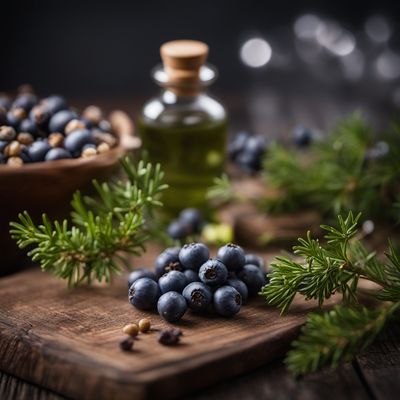
Juniper berry and similar-
The Aromatic Gems of the Forest

Vanilla and similar-
The Sweet Essence of Vanilla

Peppercorn (black, green and white) and similar-
The Spice Trio: Peppercorns' Fiery Symphony

Other fruit spices
The Enigmatic World of Exotic Fruit Spices

Caraway fruit and similar-
The Aromatic Delight: Unveiling the Secrets of Caraway and Its Kin

Allspice fruit and similar-
The Versatile Spice: All About Allspice

Sichuan pepper fruit and similar-
The Fiery Spice of Sichuan

Cardamom fruit and similar-
Exotic Spice Delight

Tamarind and similar-
The Tangy Delight
Recipes using Fruit spices

Mole de Queretaro
Queretaro's Enchanting Mole: A Flavorful Journey through Mexican Cuisine
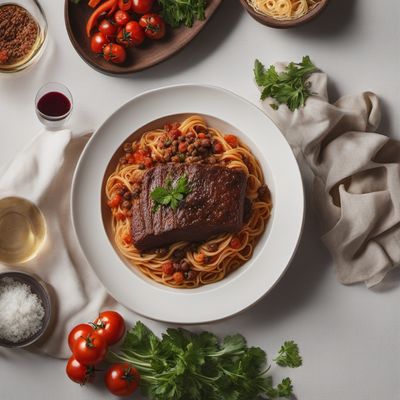
Hessian-style Beef with Fuži Pasta
Hearty Hessian Beef and Pasta Delight

Guyanese Spiced Beef Stew
Savory Spice Infused Guyanese Beef Stew

Peruvian Purple Corn Pudding
Andean Delight: A Sweet Symphony of Purple Corn

Amiri Khaman - Spicy Steamed Chickpea Cake
Flavorsome Delight: Amiri Khaman - A Spicy Twist to Steamed Chickpea Cake
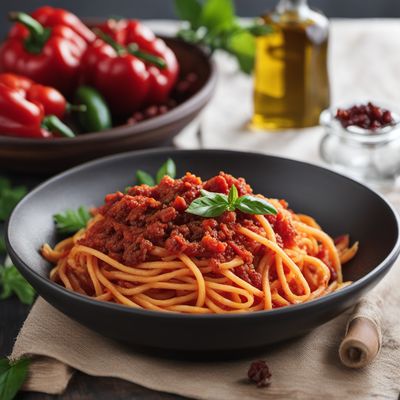
Authentic Greek Pastitsada
Mediterranean Delight: Greek Pastitsada with a Twist
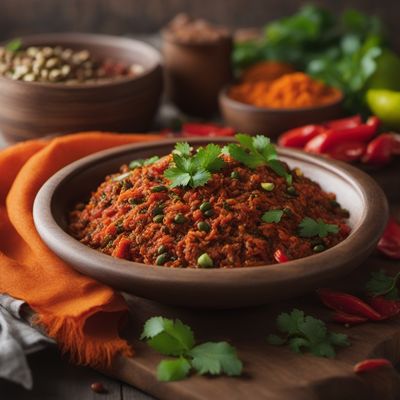
Pepián de Cuy with Guatemalan Flavors
Guatemalan Delight: Savory Pepián de Cuy
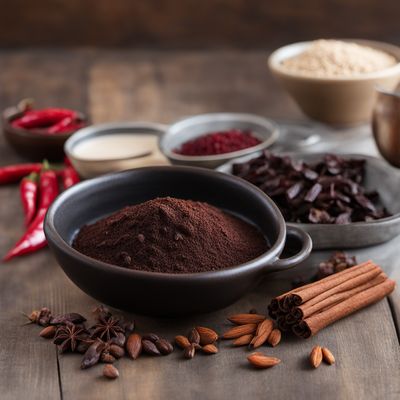
Seven Moles of Oaxaca
A Symphony of Flavors: Seven Moles of Oaxaca
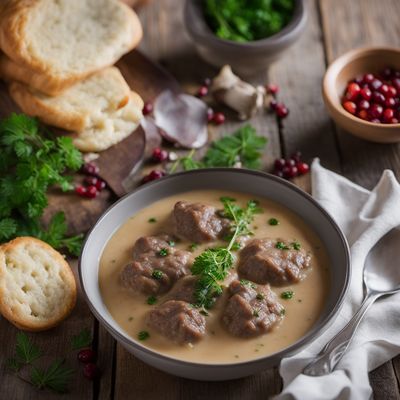
Svíčková with Creamy Sauce and Bread Dumplings
Velvety Czech Delight: Tender Beef with Creamy Sauce and Fluffy Bread Dumplings
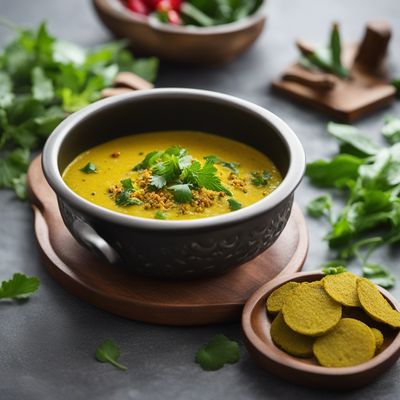
Gujarati-style Tazzelenghe Dhokla
Savory Steamed Gram Flour Delight: Gujarati-style Tazzelenghe Dhokla
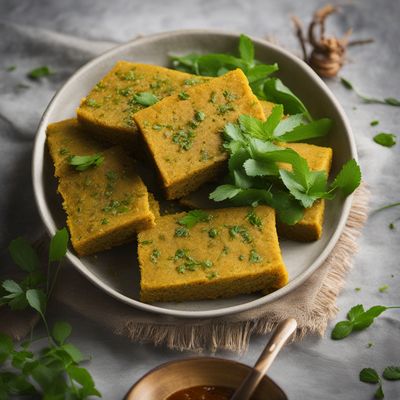
Savory Steamed Chickpea Cake
Fluffy Delights: Savory Steamed Chickpea Cakes with a Tangy Twist